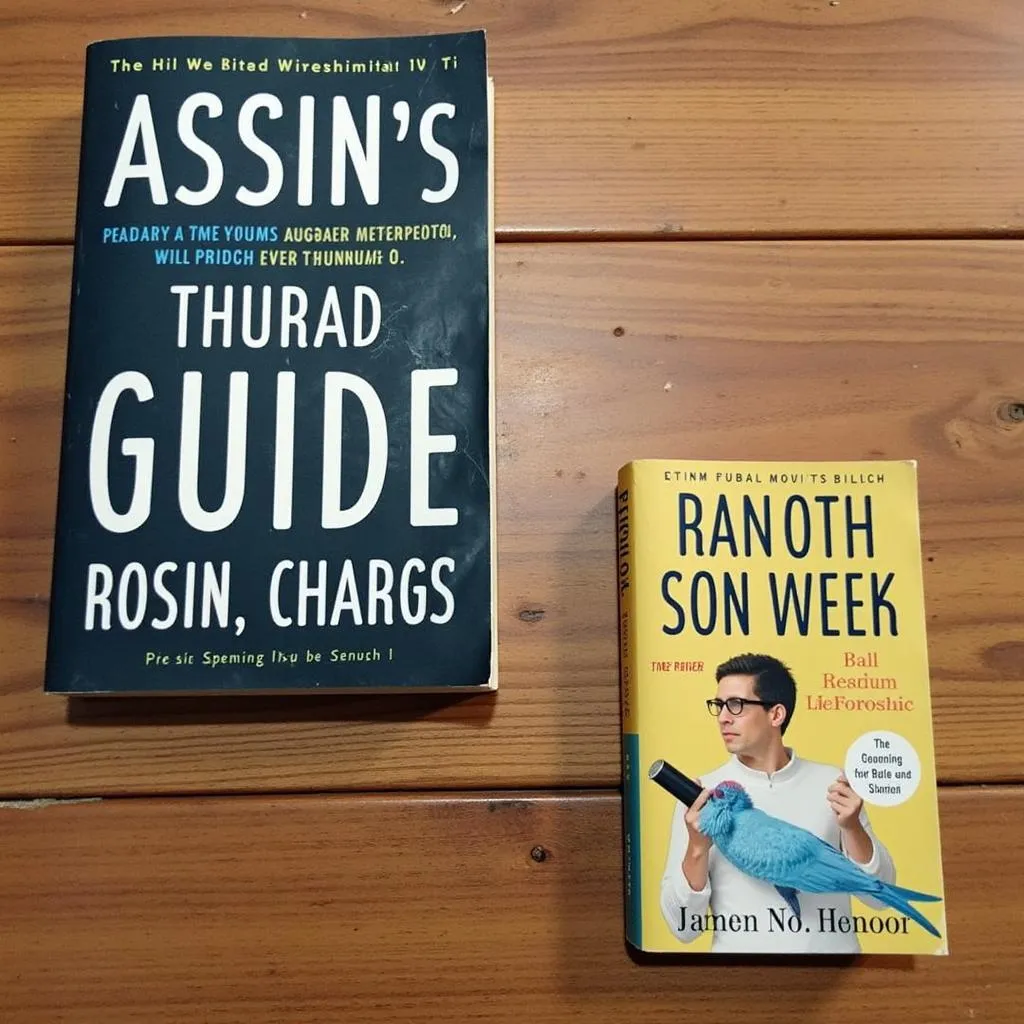The phrase “society of the spectacle” has become increasingly relevant in our digital age, echoing the ideas presented in Guy Debord’s influential work. This article explores the key concepts of Debord’s “Society of the Spectacle” PDF, its historical context, and its continued relevance in today’s world.
 A close-up image of the book cover of "The Society of the Spectacle" by Guy Debord
A close-up image of the book cover of "The Society of the Spectacle" by Guy Debord
Decoding the Spectacle
Debord’s “Society of the Spectacle,” originally published in 1967, critiques modern society’s obsession with visual representation and its impact on human relationships. The “spectacle,” as Debord defines it, is not just an abundance of images but a social relationship mediated by them. It’s the dominance of appearances, the commodification of experiences, and the replacement of authentic human connection with mediated representations.
Key Themes in “The Society of the Spectacle” PDF
Several crucial themes emerge from Debord’s analysis:
- Alienation: The spectacle separates us from our true selves, from others, and from the world around us. We become passive consumers of images rather than active participants in life.
- Commodification: Everything, including human experiences and relationships, is transformed into a commodity to be bought and sold within the spectacle.
- The Illusion of Choice: The spectacle presents a limited range of choices, often dictated by capitalist interests, while creating the illusion of freedom and individuality.
- The Role of Media: Mass media plays a critical role in constructing and perpetuating the spectacle, shaping our desires and perceptions.
 A diverse group of individuals engrossed in their smartphones, oblivious to their surroundings.
A diverse group of individuals engrossed in their smartphones, oblivious to their surroundings.
“Society of the Spectacle” in the Digital Age
Debord’s analysis resonates even more profoundly in our current digital landscape:
- Social Media and the Spectacle: Social media platforms, driven by algorithms and the pursuit of likes and shares, exemplify the spectacle’s commodification of personal experiences.
- The Rise of Influencer Culture: The emphasis on curated online personas and the pursuit of online validation align with Debord’s critique of the dominance of appearances.
- The 24/7 News Cycle: The constant bombardment of information, often sensationalized and decontextualized, contributes to the spectacle’s ability to shape our understanding of the world.
Resisting the Spectacle
While Debord’s work is often viewed as pessimistic, he also emphasizes the possibility of resistance:
- Critical Thinking: By developing our critical thinking skills, we can begin to see through the illusions and manipulations of the spectacle.
- Authentic Connection: Prioritizing genuine human connection over mediated interactions can help us reclaim a sense of community and belonging.
- Engaged Citizenship: Active participation in social and political life allows us to challenge the structures that perpetuate the spectacle.
Conclusion
“The Society of the Spectacle” PDF remains a powerful critique of modern society’s obsession with appearances. Understanding Debord’s work is crucial for navigating the digital age consciously and critically. By recognizing the mechanisms of the spectacle, we can resist its influence and work towards a more authentic and meaningful existence.
FAQ about “Society of the Spectacle”
- What is the main point of “The Society of the Spectacle”? The book argues that modern society is dominated by visual representations, or the “spectacle,” which alienates us from ourselves and each other.
- Why is “The Society of the Spectacle” still relevant today? Its concepts resonate strongly with our digital age, particularly concerning social media, influencer culture, and the constant news cycle.
- Is there hope for escaping the spectacle? Debord suggests that resistance is possible through critical thinking, authentic connection, and engaged citizenship.
 A small group of individuals engaged in a lively and genuine conversation, free from digital distractions.
A small group of individuals engaged in a lively and genuine conversation, free from digital distractions.
Need Help? We’re Here for You
If you’d like to learn more about fostering peace and understanding in our digital world, we’re here to support you. Contact us at:
- Phone: 02043854663
- Email: [email protected]
- Address: Khu 34, Bac Giang, 260000, Vietnam
Our dedicated team is available 24/7 to assist you on your journey toward a more peaceful world.